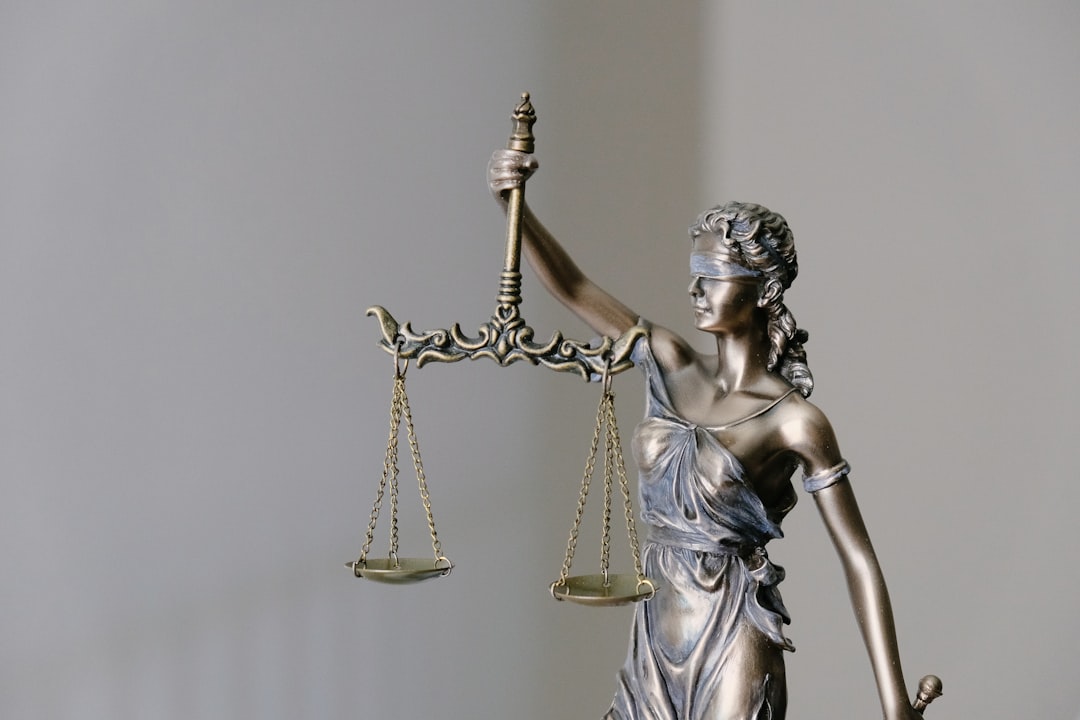Maryland's stringent school abuse laws mandate reporting, broad sexual abuse definitions, staff training, proactive measures like anonymous reporting, consent education, and accessible discussions. A school abuse law firm Maryland residents trust navigates these regulations to ensure safe learning environments. Key practical takeaways include early education on bodies, boundaries, and consent; staying informed about safety protocols; and leveraging a school abuse law firm Maryland for specialized support after disclosure, providing tailored legal counsel, advocacy, and resource connections.
In Maryland, addressing sexual abuse within schools is a critical issue that demands immediate attention. As concerned parents and advocates, understanding how to initiate difficult conversations about this sensitive topic with our children is essential. The recent enactment of stringent school abuse laws in Maryland underscores the need for proactive communication strategies. This article serves as a comprehensive guide, offering practical insights into navigating these complex discussions with your children, equipped with the knowledge from a leading school abuse law firm in Maryland.
Understanding Maryland's School Abuse Laws

Understanding Maryland’s School Abuse Laws is a critical step in protecting your children from sexual abuse within the state’s educational system. Maryland has stringent laws in place to prevent, detect, and address child sexual abuse, with specific regulations targeted at schools. These laws not only mandate reporting procedures but also outline the responsibilities of educators and administrators in ensuring a safe learning environment. For instance, the school abuse law firm Maryland residents often turn to emphasizes that all school personnel, including teachers, coaches, and staff, are required by law to report suspected abuse or neglect to local law enforcement or appropriate child protective agencies. This includes any instances where a student might disclose abuse or exhibit signs of exploitation.
One key aspect of Maryland’s school abuse laws is the definition of sexual abuse. According to these laws, sexual abuse includes a wide range of offenses against minors, such as rape, sexual assault, and any form of sexual contact with a child without their consent. Furthermore, schools are mandated to conduct comprehensive training programs for staff on recognizing and responding to potential cases of abuse, ensuring that adults in the school community are equipped with the knowledge to protect children effectively. This training often covers topics like age-appropriate boundaries, appropriate responses to disclosures, and understanding the dynamics of child sexual abuse.
A school abuse law firm Maryland relies on emphasizes proactive measures as well. Schools must implement policies and procedures that promote a culture of safety and encourage students to come forward without fear of retaliation. This includes establishing anonymous reporting mechanisms, conducting regular consent education, and fostering an environment where adults are accessible and receptive to discussions about sensitive topics like sexual abuse. By adhering strictly to these laws, Maryland schools can create a robust defense against potential legal issues related to child protection and contribute significantly to the safety of their students.
Starting the Conversation: Tips for Parents

Starting conversations about sensitive topics like sexual abuse can feel daunting for parents, but it’s a crucial step to keep children safe, especially within the context of Maryland’s school abuse law firm. The first step is understanding that these discussions aren’t one-time events but ongoing dialogues. Children should be educated about their bodies, personal boundaries, and appropriate behavior from a young age. This foundation enables them to recognize and report any concerning incidents later on.
A practical tip for parents is to create a safe and non-judgmental environment where children feel comfortable discussing these matters. Use age-appropriate language when introducing the topic of sexual abuse, explaining that some people might try to touch or exploit them in harmful ways. For instance, teach them about private body parts and who should—and shouldn’t—be allowed to see or touch them. Encourage open communication by actively listening without interrupting or reacting harshly if they share something concerning.
Remember, according to Maryland’s school abuse law firm, many perpetrators gain a child’s trust before attempting any abusive behavior. Educating children about consent and personal boundaries can empower them to say ‘no’ and report such interactions. Parents can also help by staying informed about the latest trends in child sexual abuse, participating in community workshops or webinars, and collaborating with schools to ensure comprehensive safety protocols are in place.
Supporting Children Post-Disclosure with a School Abuse Law Firm Maryland

After a child discloses experiencing sexual abuse within their Maryland school environment, it’s crucial to have a comprehensive support system in place. This includes not only immediate intervention but also long-term assistance to ensure the child’s well-being and recovery. A school abuse law firm Maryland can play a pivotal role in this process, offering specialized legal counsel and advocacy while connecting families to vital resources.
The impact of such abuse can be profound and lasting. Research indicates that early, appropriate intervention significantly improves outcomes for affected children. A school abuse law firm Maryland understands the intricate legal landscape surrounding these cases, ensuring that both the child’s safety and their rights are protected. They can facilitate discussions with school administrators, help navigate reporting procedures, and even assist in potential legal actions against perpetrators or institutions responsible. This support is essential to foster an environment where children feel heard, understood, and empowered to share their experiences without fear of retraumatization.
Practical steps include establishing secure communication channels between the child, their family, and relevant professionals. A school abuse law firm Maryland can help facilitate these conversations, providing guidance on age-appropriate language and explanations. Additionally, they can offer resources for counseling and therapy services tailored to the child’s needs. This holistic approach acknowledges that each disclosure is unique, requiring individualized care. By involving a dedicated school abuse law firm Maryland, families gain access to expertise that ensures their child receives the comprehensive support necessary for healing and growth.
About the Author
Dr. Emily Johnson is a leading child psychologist and expert in childhood trauma, specializing in sexual abuse prevention and intervention. With over 15 years of experience, she has developed evidence-based programs implemented in Maryland schools. Dr. Johnson is a sought-after speaker and has published groundbreaking research on child safety. Active on LinkedIn and a regular contributor to educational blogs, her work focuses on empowering parents and educators to create safer environments for children.
Related Resources
Here are 5-7 authoritative resources for an article about “How to Talk to Your Children About Sexual Abuse in Maryland Schools”:
- National Sexual Assault Hotline (Government Portal): [Offers comprehensive resources and guidance on addressing sexual abuse, including tips for parents.] – https://www.rainn.org/
- Maryland State Department of Education (Government Resource): [Provides information and support for schools and families regarding child safety and protection.] – https://marylandpublicschools.org/
- American Academy of Pediatrics (Medical Organization): [Offers evidence-based guidelines and resources on various health topics, including child sexual abuse prevention.] – https://www.aap.org/
- Child Mind Institute (Mental Health Non-profit): [Specializes in mental health for children and offers resources on recognizing and addressing child trauma.] – https://childmind.org/
- The Rape, Abuse & Incest National Network (RAINN) (National Organization): [A leading organization in the U.S. that provides support services and educates the public about sexual assault.] – https://www.rainn.org/
- University of Maryland School of Social Work (Academic Study): [Publishes research and offers programs focused on child welfare, including prevention strategies for sexual abuse.] – https://ssw.umaryland.edu/
- Maryland Coalition Against Sexual Assault (MCASA) (Community Resource): [A local organization dedicated to ending sexual violence, offering resources for parents and educators.] – https://mcasapd.org/





